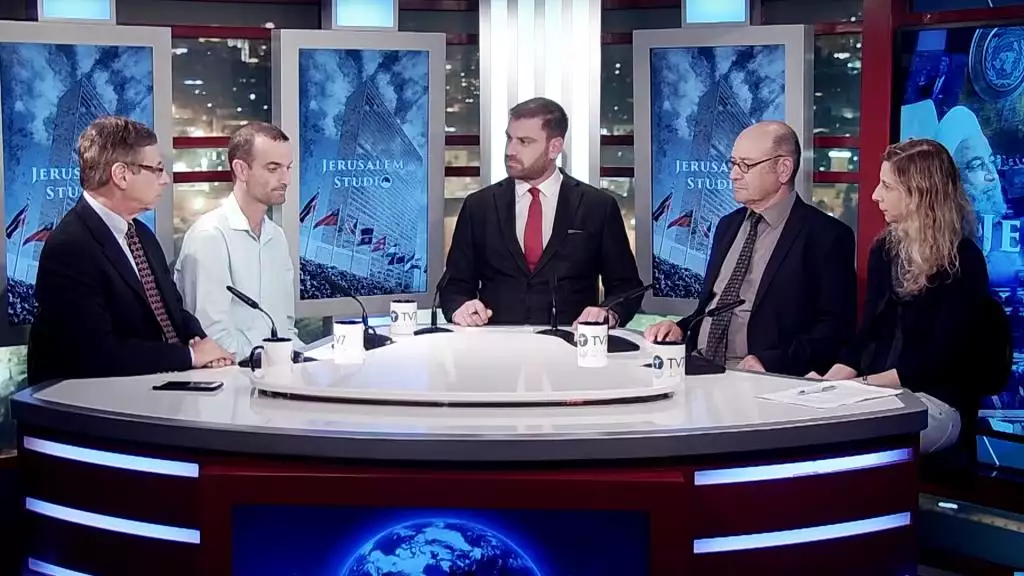
Video Player is loading.
Current Time 0:00
/
Duration 0:00
Loaded: 0%
0:00
Stream Type LIVE
Remaining Time -0:00
1x
- 2x
- 1.5x
- 1.25x
- 1x, selected
- 0.75x
- 0.5x
- Chapters
- descriptions off, selected
- captions settings, opens captions settings dialog
- captions off, selected
- Finnish
- Swedish
This is a modal window.
Beginning of dialog window. Escape will cancel and close the window.
End of dialog window.
Russia’s Mideast interests & challenges
In twenty years as Russia’s leader, Vladimir Putin established his reputation as a major figure on the global scene and brought his country back from its dismal appearance during Boris Yeltsin’s reign. An important part of his agenda had to do with a pro-active foreign policy backed by military force, from Georgia to the Ukraine and onward to Syria. But next week Putin’s political party, United Russia, will be tested in elections - and according to public opinion polls is expected to get a smaller slice of the country’s Parliamentary pie. Russian voters may long for the real or imagined glory days of the Soviet Union, but they seem more interested in their economy and domestic issues than in Putin’s power plays in the Mideast and elsewhere. What does it mean for the next Russian moves in the Middle East? An advance, a retreat or more of the same?
To further analyze this topic, we are joined from Central Israel Prof. Zeev Khanin, Expert on Russian and Middle Eastern Studies, Bar Ilan and Ariel Universities, Dr. Nir Boms, Research fellow, Moshe Dayan center at Tel Aviv University, and analyst Amir Oren, TV7 Analysts and Host of Watchmen Talk. Host Jonathan Hessen.
Jerusalem Studio
The program offers the viewer deeper understanding about current events in Israel. The topics vary from domestic and foreign policy to social changes, archaelogy and religion.
The program is hosted by TV7 Israel News anchor Jonathan Hessen.